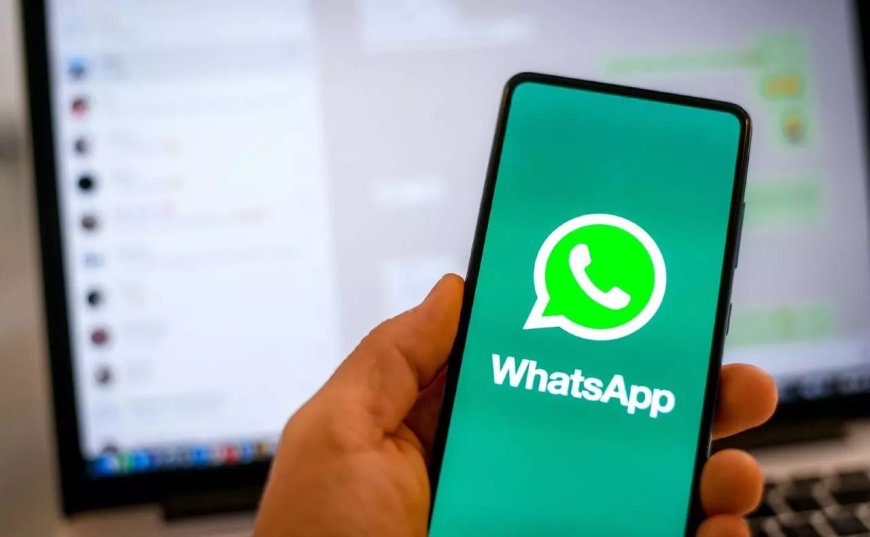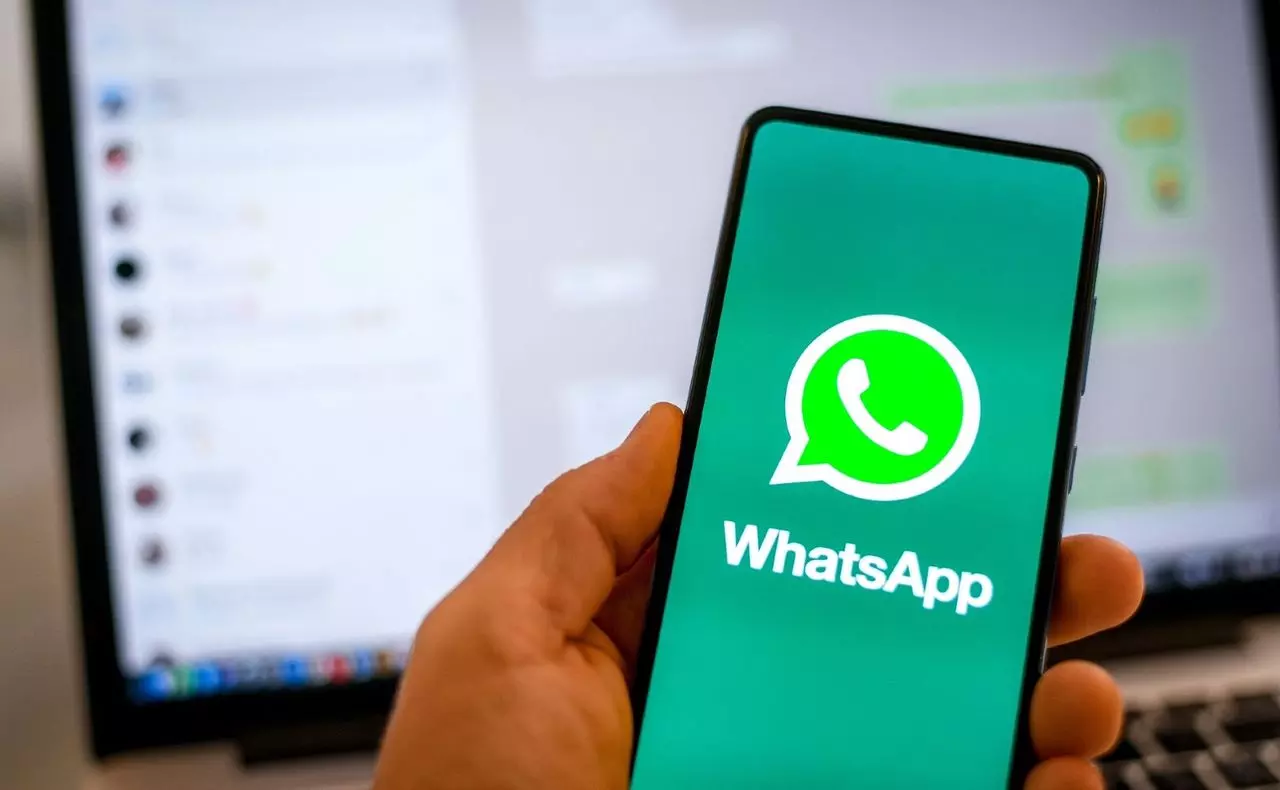WhatsApp: A Legacy of Privacy and Safety
Over the past decade, WhatsApp has emerged as more than just a messaging platform, championing privacy and user safety. In India, WhatsApp’s largest market with hundreds of millions of users, the platform has introduced groundbreaking features and campaigns designed to empower users while protecting them from digital threats. In 2024, WhatsApp reinforced its commitment to privacy and security with a series of product launches and campaigns redefining what it means to communicate safely in a connected world. The Evolution of Privacy WhatsApp’s journey toward becoming a privacy-first platform began long before the recent wave of innovations. In 2016, the introduction of end-to-end encryption set a new benchmark for digital security, ensuring that only the sender and recipient could access messages. This foundational feature became a gold standard for secure communication and underscored the platform’s commitment to user safety. Over the years, features like disappearing messages, two-step verification, and view-once media have further empowered users to control their digital presence. These tools provided layers of protection, making WhatsApp not just a messaging app but a guardian of user data and privacy. During the Privacy Showcase in India earlier this year, Alice Newton-Rex, Global Head of Design at WhatsApp, mentioned, “At WhatsApp, privacy is at the core of everything we do. From the beginning, our mission has been to ensure that people can have private, intimate conversations with loved ones, no matter where they are. End-to-end encryption is the foundation of this, and it protects your personal messages and calls from being accessed by anyone, including us. We are committed to continuously innovating with privacy-first features that give users more control, such as Chat Lock, View Once, and the ability to silence unknown callers. These tools help ensure that WhatsApp remains a safe space for personal communication while adapting to the unique needs of every community. Privacy isn’t just a feature for us, it’s a fundamental principle that guides how we build and evolve the app.” Building on this legacy, 2024 saw the introduction of new features tailored to meet the unique challenges faced by users. WhatsApp's new Group Context Card enhances group interactions by making them safer and more transparent. This feature provides an overview of a group's members and settings, allowing users to assess its relevance and safety before joining. Similar to receiving a contact card, it empowers users to make informed decisions, addressing issues like unsolicited invitations and unclear group dynamics. Another recent feature, Meta Verified, enhances trust on the platform by allowing businesses to authenticate their accounts through a rigorous verification process. Verified accounts feature a badge, ensuring users engage with legitimate entities. This is especially vital in India, where small businesses heavily rely on WhatsApp, reducing impersonation risks and improving user confidence. Addressing the growing challenge of misinformation in the digital age, WhatsApp has introduced Channels – a feature designed to disseminate authoritative information effectively with verified, trusted updates from organizations, news outlets, and other credible sources. Going beyond product innovation, in 2024, WhatsApp also launched two impactful campaigns aimed at educating Indian users about best practices for staying safe online. The Lost & Found campaign focused on raising awareness about privacy tools and how users can leverage them to secure their accounts. With Bollywood actor Abhay Deol, the iconic song ‘Oye Lucky Lucky Oye’ was given a creative twist highlighting the importance of safeguarding against scams and platform tools.


Over the past decade, WhatsApp has emerged as more than just a messaging platform, championing privacy and user safety. In India, WhatsApp’s largest market with hundreds of millions of users, the platform has introduced groundbreaking features and campaigns designed to empower users while protecting them from digital threats.
In 2024, WhatsApp reinforced its commitment to privacy and security with a series of product launches and campaigns redefining what it means to communicate safely in a connected world.
The Evolution of Privacy
WhatsApp’s journey toward becoming a privacy-first platform began long before the recent wave of innovations. In 2016, the introduction of end-to-end encryption set a new benchmark for digital security, ensuring that only the sender and recipient could access messages. This foundational feature became a gold standard for secure communication and underscored the platform’s commitment to user safety.
Over the years, features like disappearing messages, two-step verification, and view-once media have further empowered users to control their digital presence. These tools provided layers of protection, making WhatsApp not just a messaging app but a guardian of user data and privacy.
During the Privacy Showcase in India earlier this year, Alice Newton-Rex, Global Head of Design at WhatsApp, mentioned, “At WhatsApp, privacy is at the core of everything we do. From the beginning, our mission has been to ensure that people can have private, intimate conversations with loved ones, no matter where they are. End-to-end encryption is the foundation of this, and it protects your personal messages and calls from being accessed by anyone, including us. We are committed to continuously innovating with privacy-first features that give users more control, such as Chat Lock, View Once, and the ability to silence unknown callers. These tools help ensure that WhatsApp remains a safe space for personal communication while adapting to the unique needs of every community. Privacy isn’t just a feature for us, it’s a fundamental principle that guides how we build and evolve the app.”
Building on this legacy, 2024 saw the introduction of new features tailored to meet the unique challenges faced by users. WhatsApp's new Group Context Card enhances group interactions by making them safer and more transparent. This feature provides an overview of a group's members and settings, allowing users to assess its relevance and safety before joining. Similar to receiving a contact card, it empowers users to make informed decisions, addressing issues like unsolicited invitations and unclear group dynamics.
Another recent feature, Meta Verified, enhances trust on the platform by allowing businesses to authenticate their accounts through a rigorous verification process. Verified accounts feature a badge, ensuring users engage with legitimate entities. This is especially vital in India, where small businesses heavily rely on WhatsApp, reducing impersonation risks and improving user confidence.
Addressing the growing challenge of misinformation in the digital age, WhatsApp has introduced Channels – a feature designed to disseminate authoritative information effectively with verified, trusted updates from organizations, news outlets, and other credible sources.
Going beyond product innovation, in 2024, WhatsApp also launched two impactful campaigns aimed at educating Indian users about best practices for staying safe online. The Lost & Found campaign focused on raising awareness about privacy tools and how users can leverage them to secure their accounts. With Bollywood actor Abhay Deol, the iconic song ‘Oye Lucky Lucky Oye’ was given a creative twist highlighting the importance of safeguarding against scams and platform tools.






































